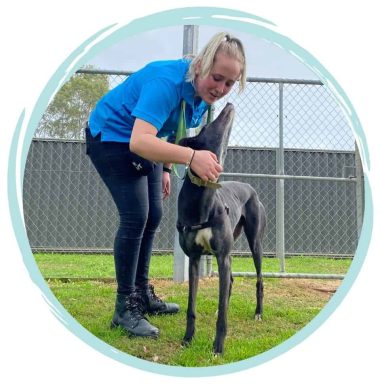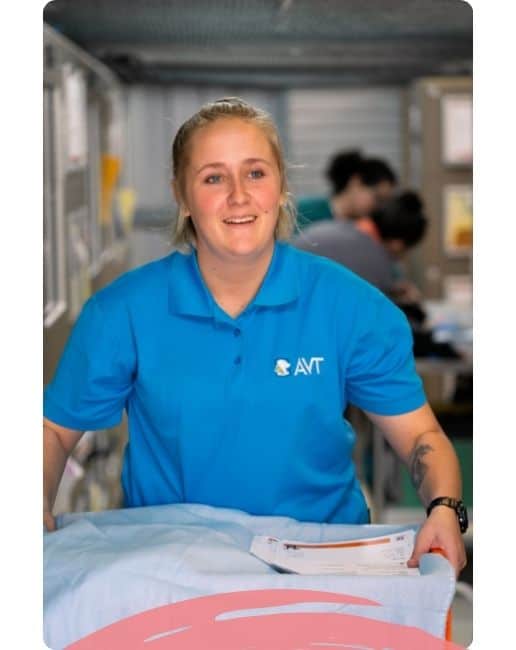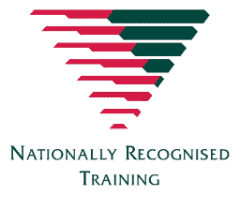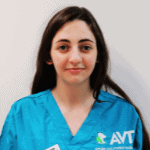What is the LLN?
An LLN quiz assesses your Language, Literacy, and Numeracy skills to understand your abilities and ensure you have the correct support for your studies.
All AVT qualifications have been evaluated against the Australian Core Skills Framework (ACSF) to determine the level of core skills required for successful participation in each course. Rather than simply evaluating general study readiness, the LLN ensures that you have the specific skills needed to meet the demands of your chosen course.
Why do we ask all students to complete the LLN?
As a Registered Training Organisation (RTO), AVT is required by the Australian Skills Quality Authority (ASQA) to assess and provide evidence of a student’s language, literacy and numeracy (LLN) skills prior to confirming their enrolment. For this reason, we have incorporated the LLN quiz as a compulsory step in our enrolment process.
Can I be exempt from the LLN if I have completed other qualifications?
Unfortunately, due to regulatory requirements, we must assess your language, literacy, and numeracy skills using the ACSF (Australian Core Skills Framework). This means all students are required to complete the current AVT LLN quiz, regardless of prior qualifications.
How is the quiz conducted?
All applicants will be emailed a request to complete a quiz, which is conducted online and completed from home. We recommend carefully reading and answering each question rather than rushing through the quiz.
How soon after enrolling will I receive my LLN quiz?
You’ll receive the link to complete your LLN quiz within 1–2 working days after we receive your application. Keep an eye on your email for the link—once it arrives, you can complete it online at a time that suits you.
What is an example LLN question?
This is an example Certificate II level LLN question:
Read the following text message and answer the questions:
“Hi Jenny, I’m at Tony’s Farm now but I’ll see you at the front gates of Landsdale Farm at 3pm for the hay delivery. From Sharon”
- Who is the message from?
- Where are they going to meet?
- What time are you going to meet?
How is the quiz evaluated?
An independent organisation evaluates this quiz to determine if your current core skills meet the required level for the course. If you are a successful applicant and minor skill gaps are identified, you will be provided with the necessary support to develop the required skill level throughout the course.
You may not be suitable for a course if a significant core skill gap is identified. In such instances, you may be referred to an alternative study pathway or external support services to develop these core skills.
How long does it take to process my LLN quiz results?
Once you’ve completed your LLN (Language, Literacy and Numeracy) quiz, our team will review your results. You won’t receive individual results, but we will only contact you if there’s a significant gap or if we believe you may benefit from additional support.
- Online courses: As long as you’ve met the entry requirements and completed the LLN quiz, you’ll be able to start your course within 2–3 working days. This timeframe allows us to finalise your enrolment and set up your course access.
- On-campus/blended courses: The process may take a little longer. We assess applications as part of a group intake to ensure everyone receives careful and fair consideration, and you may be asked to attend an interview or provide additional information to support your application.
